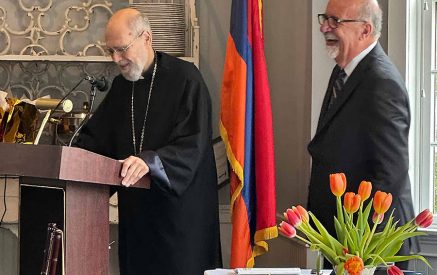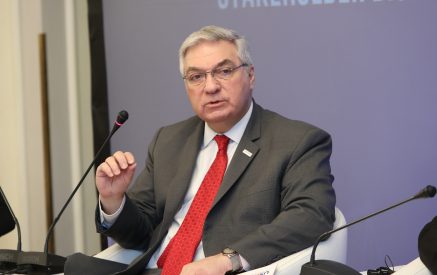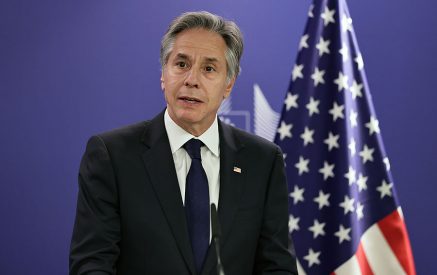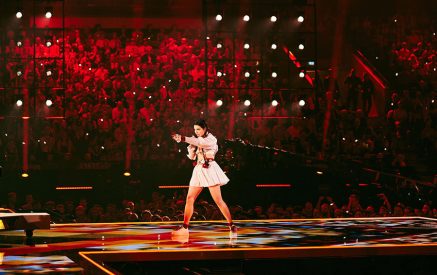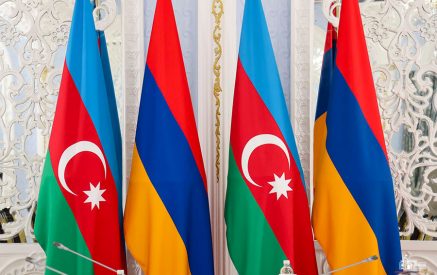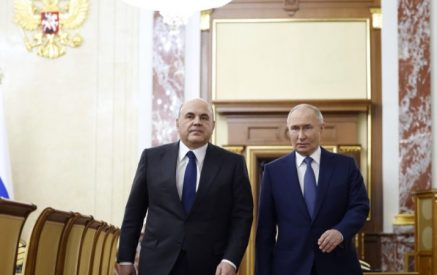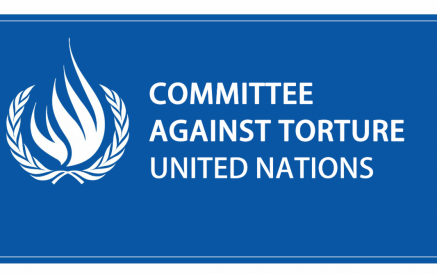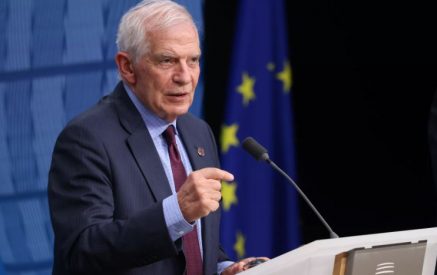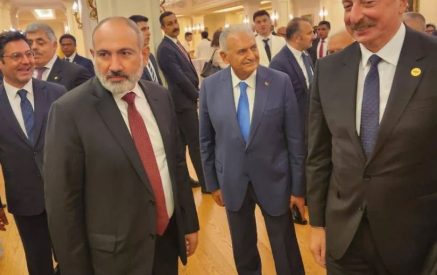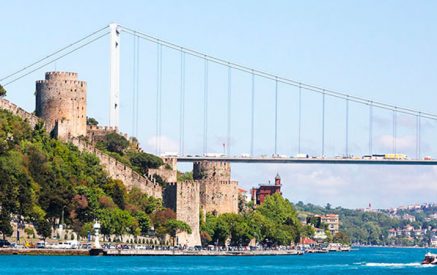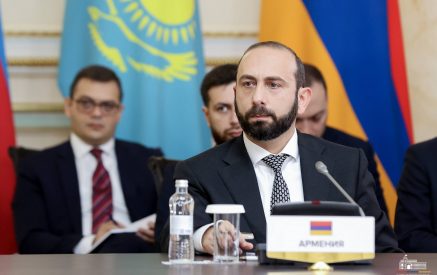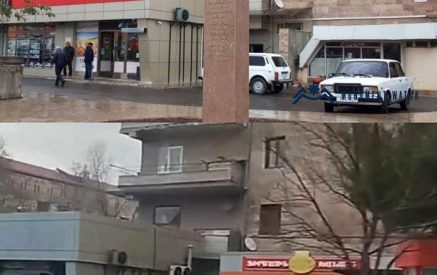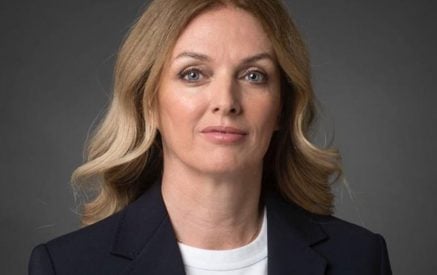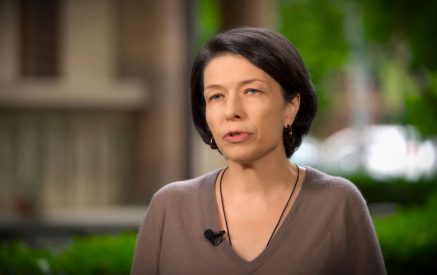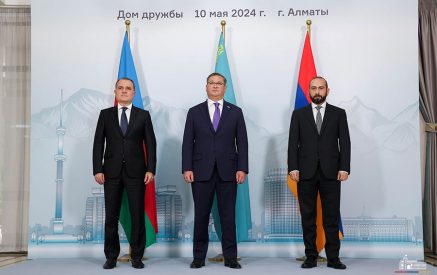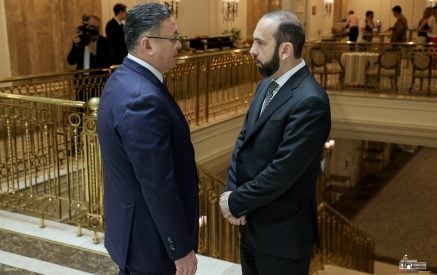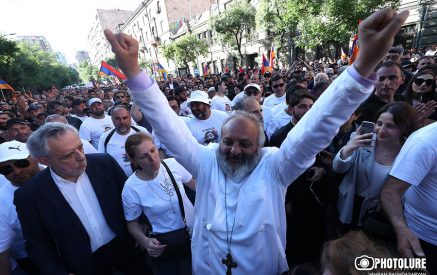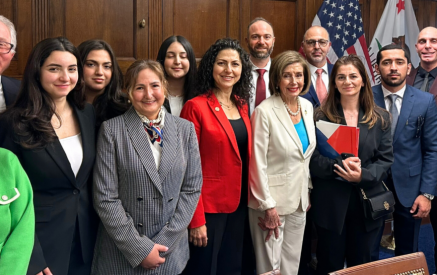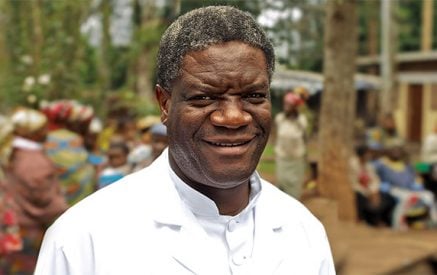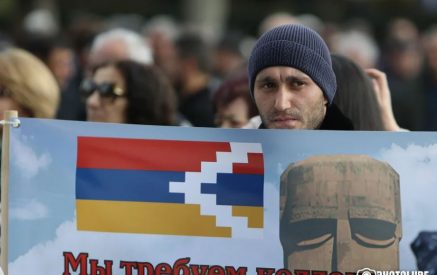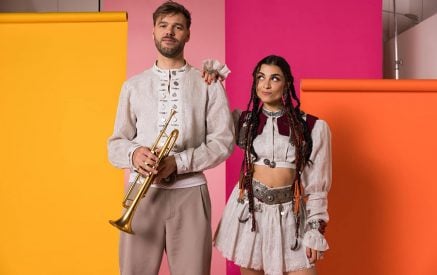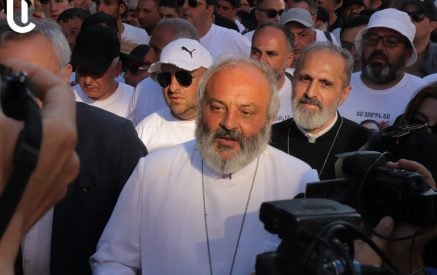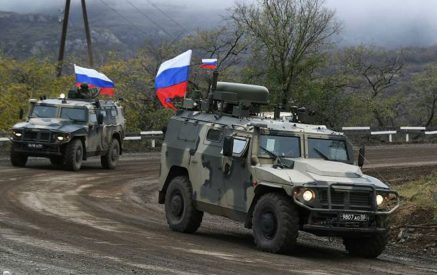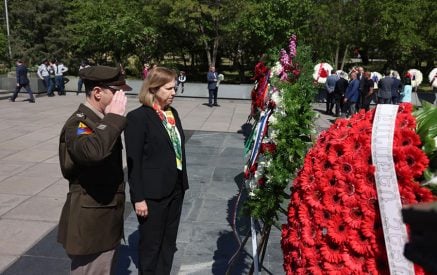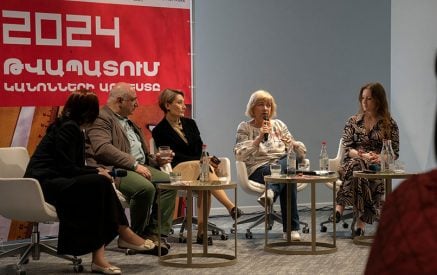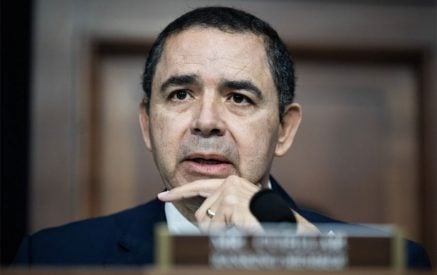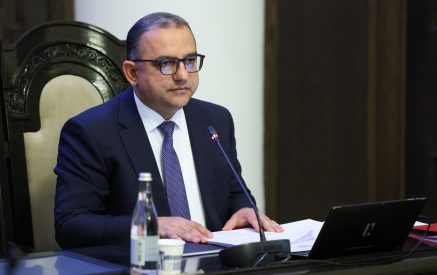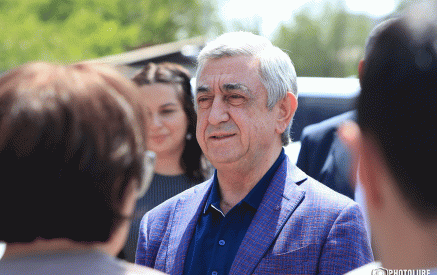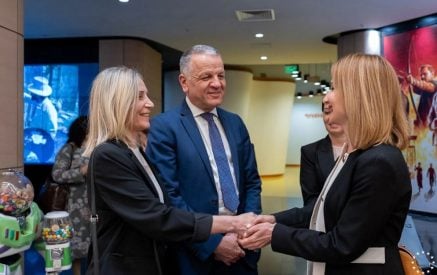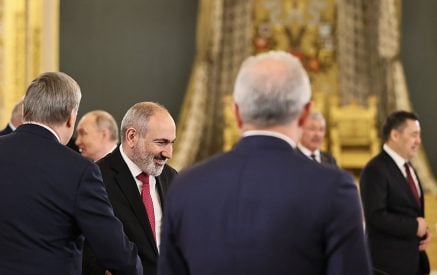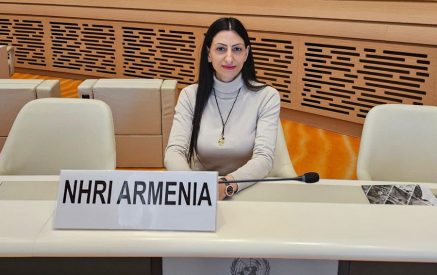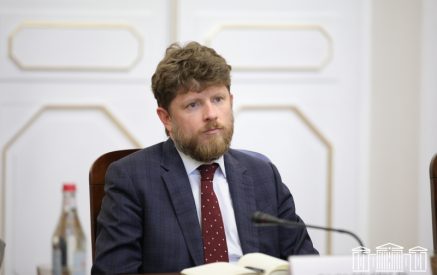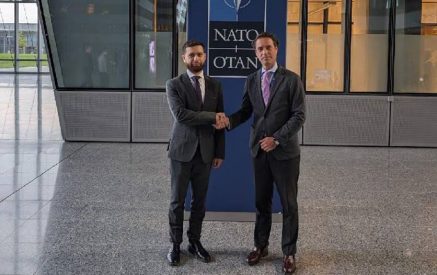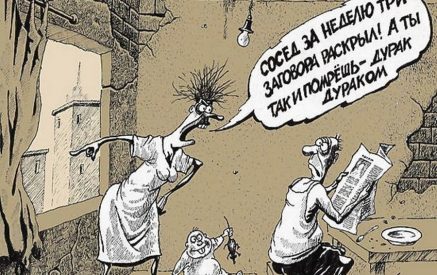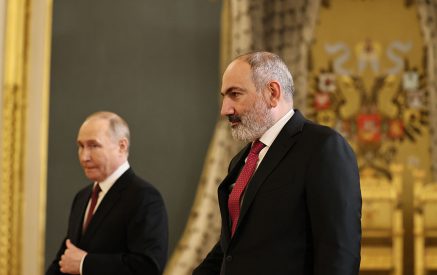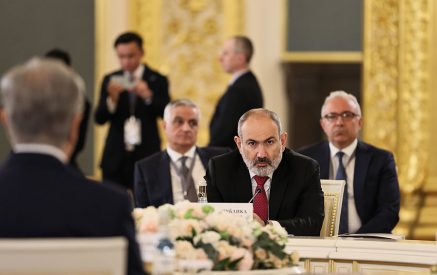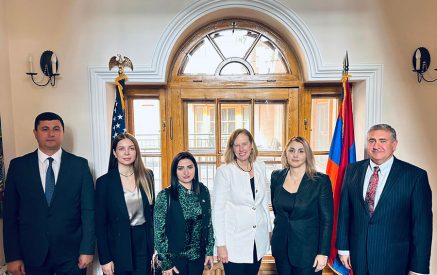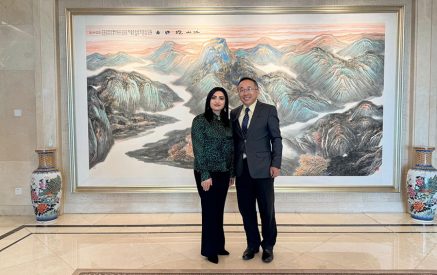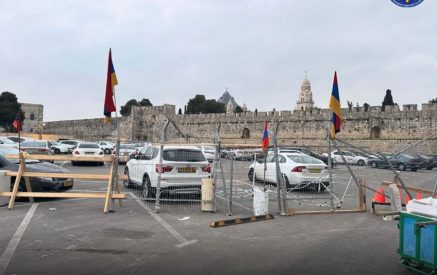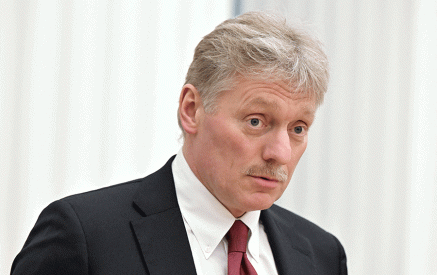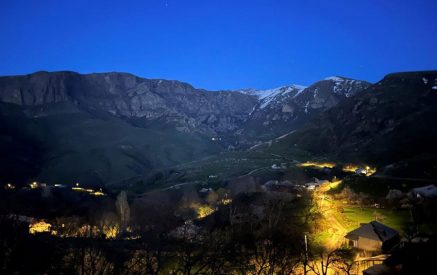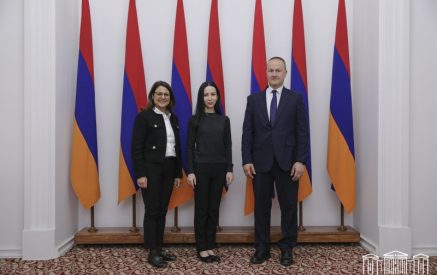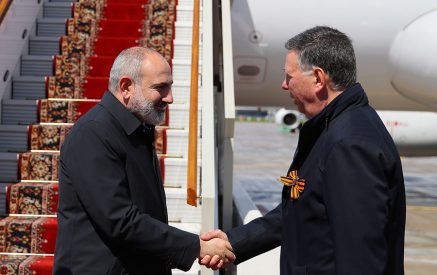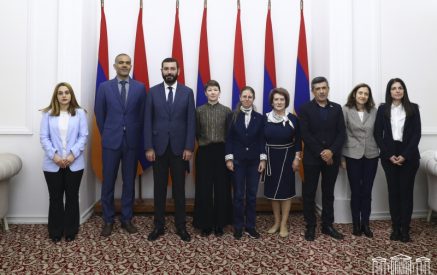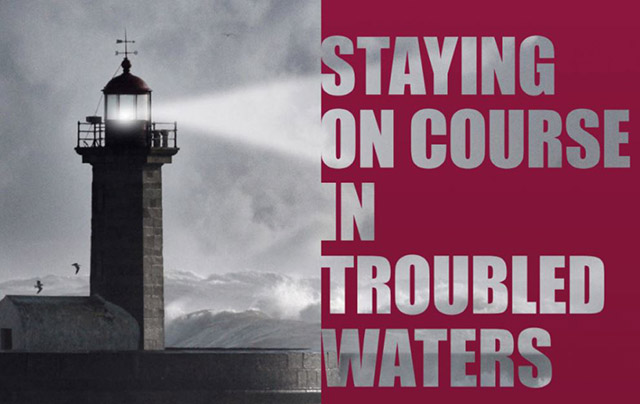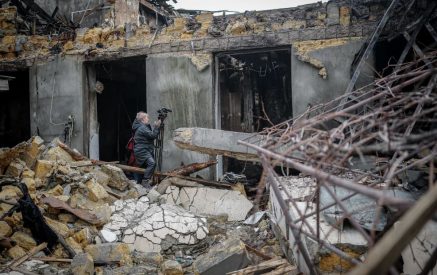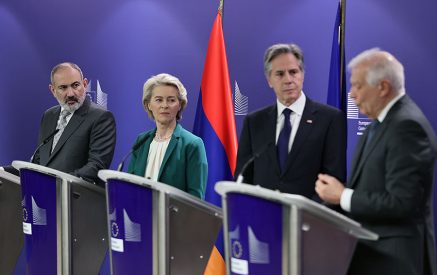EU High Representative Josep Borrell has published his new book, ‘Staying on course in troubled waters’, that brings together blog posts, speeches and articles on key global developments in 2021. The book highlights what has been achieved despite the pandemic and what remains to be done for the EU to speak the “language of power”, says Borrell, “a task that is more urgent than ever in the context of the war against Ukraine.”
“Russia’s war against Ukraine is indeed a tectonic shift that requires us to take a strong stance in defending Ukrainian sovereignty and also of the wider international rules-based order. History is accelerating once again and we are confronted with multiple challenges. To respond effectively, it is necessary to analyse the major trends that were already reshaping the geopolitical environment and challenging European values in the last years,” says Borrell in his blog introducing the book.
HR/VP Blog – My just published book “Staying on course in troubled waters” brings together blog posts, speeches and articles on key global developments in 2021. It highlights what has been achieved and what remains to be done for EU to speak the “language of power”. A task that is more urgent than ever in the context of the war against Ukraine.
Read also
Russia’s war against Ukraine is indeed a tectonic shift that requires us to take a strong stance in defending Ukrainian sovereignty and also of the wider international rules-based order. History is accelerating once again and we are confronted with multiple challenges. To respond effectively, it is necessary to analyse the major trends that were already reshaping the geopolitical environment and challenging European values in the last years. The book “Staying on course in troubled waters. EU foreign policy in 2021”, a selection of my writings in 2021, tries to contribute to this effort.
“During the past two years, the pandemic has been acting like ‘contrast fluid’, exposing geopolitical tensions and the weaknesses of the existing multilateral system, with democracy, human rights and peace struggling and being threatened. “
2021 was a difficult year. The COVID-19 pandemic lasted longer than expected, increasing inequalities and exacerbating geopolitical challenges. During the past two years, the pandemic has been acting like ‘contrast fluid’, exposing geopolitical tensions and the weaknesses of the existing multilateral system, with democracy, human rights and peace struggling and being threatened.
Power politics are back on the agenda
Conflicts and civil wars are more numerous, they last longer, are often internationalised through proxy forces and are harder to resolve. Power politics are back on the agenda all over the world and we see what I would call the “weaponisation of everything”. New (and often authoritarian) empires are widening their influence and challenging European values and interests. In this book, one can follow in particular the gradually rising tensions at the Eastern borders of Europe, with the brutal oppression of the Belarus regime against its citizens, the events on the Belarusian border in the summer and the concentration of Russian forces on the Ukrainian border. We have also witnessed growing tensions in the Western Balkans last year.
We have seen globally significantly more human suffering: at the end of 2021, the International Rescue Committee estimated that 274 million people need humanitarian assistance in 2022 – a 63 % rise over the past two years. According to the UN’s refugee agency UNHCR, more than 1 % of the world’s population – 1 in 95 people – has been forcibly displaced, compared with ‘only’ 1 in 159 in 2010. In 2021, we saw more and more countries fail to fulfil their ‘responsibility to protect’ citizens and some, such as Myanmar, openly attacking them. We also witnessed last year the deterioration of the situation in the Sahel or the Horn of Africa.
“Poverty and hunger have been on the rise worldwide again after decades of decline, because developing countries have been more affected than the developed ones by the economic and social consequences of the pandemic.”
Poverty and hunger have been on the rise worldwide again after decades of decline, because developing countries have been more affected than the developed ones by the economic and social consequences of the pandemic. This fact is essential to understand the potentially devastating effects of the rise in energy and food prices triggered by the Russian invasion of Ukraine on these countries.
There were however also positive developments in 2021
There were however also positive developments in 2021, including in areas where the EU has been a constructive influence, for example with the global methane pledge at the UN Climate Change Conference (COP26) in Glasgow or with the global agreement for a minimum taxation of multinational companies – even if there is still a lot to do on both matters. With the preparation of the Strategic Compass throughout 2021 (before its adoption last month), we have also laid out a strong EU consensus that allows a major qualitative and quantitative leap in European defence. An obviously urgent task in the context of the war against Ukraine.
We have significantly strengthened our ties with ASEAN after the adoption of our Indo-Pacific strategy with my mission to Indonesia last summer. It was also the case with Latin America where we made the first high-level visit in many years, improving the dialogue with a region with which we have long-standing links but where China is increasingly present. Central Asia and the Gulf region were also the focus of important missions last year. For understandable reasons, we tend to focus primarily on our immediate neighbourhood, but we should not neglect regions further afield where the demand for a greater European presence is strong. This must be one of the main objectives of the Global Gateway initiative, launched last year.
“For understandable reasons, we tend to focus primarily on our immediate neighbourhood, but we should not neglect regions further afield where the demand for a greater European presence is strong.”
And a key development in 2021 was of course the opening of a new transatlantic chapter with the arrival of a new US administration. Under President Biden, both the tone and the substance in EU–US relations have improved dramatically. The specificity of transatlantic solidarity is that it unites partners who share a fundamental attachment to the principles of freedom, democracy and human rights. These principles are increasingly under threat throughout the world, including in our own societies. It is the awareness of this fragility that gives its full meaning to the transatlantic relationship as we can see now in reaction to Russia’s brutal aggression against Ukraine.
“It is the awareness of the fragility of freedom, democracy and human rights that gives its full meaning to the transatlantic relationship as we can see now in reaction to Russia’s brutal aggression against Ukraine.”
When I look in the rear-view mirror with this book, I think that we accomplished quite a bit – even though as soon as I go back to my daily tasks and the crises we face, I am fully aware of how much remains to be done for Europe to learn to speak the “language of power” in order to defend our interests and values in a world that has become much more violent and uncertain.
Shaping the narrative is key for protecting our values and citizens
To conclude: as I state in the introduction of the book, we do face a constant battle of narratives and shaping the narrative is key for protecting our values and citizens. Running my blog and publishing a book like this is a way to explain not only what we do, but also why we do it. To have the EU’s voice heard in the global battle of narratives, and to also give a regular account to the citizens of the Union – who are the ones we all serve.

